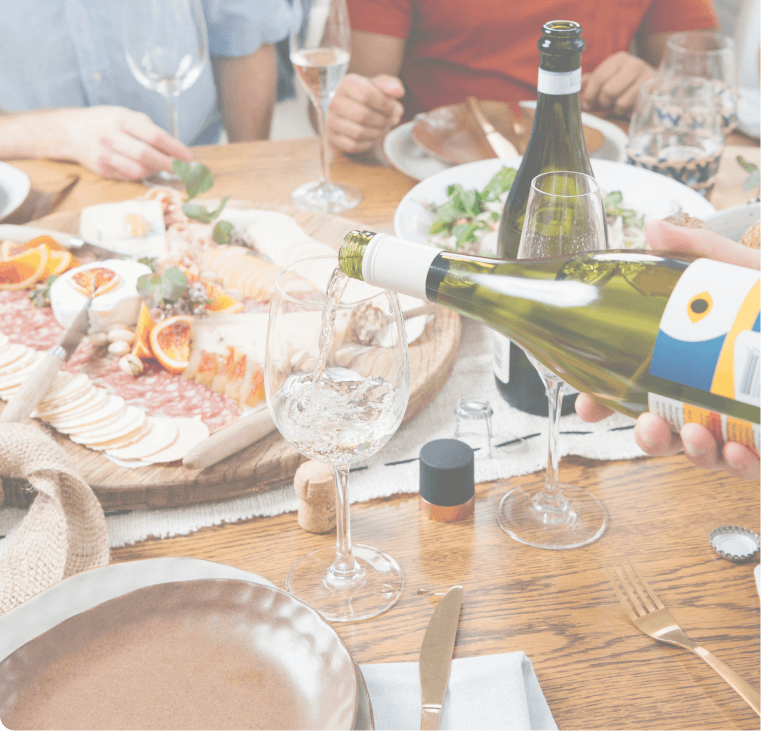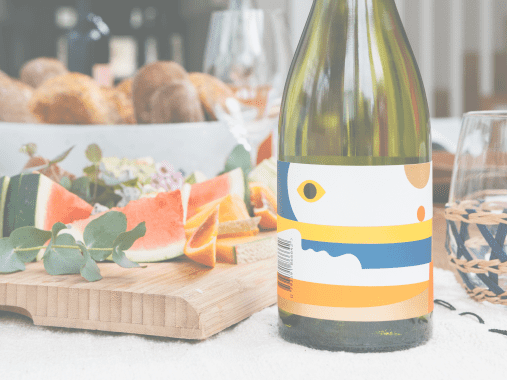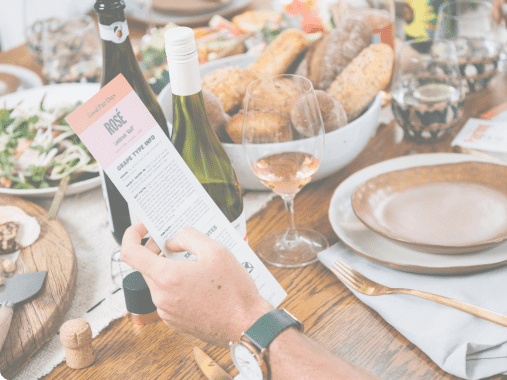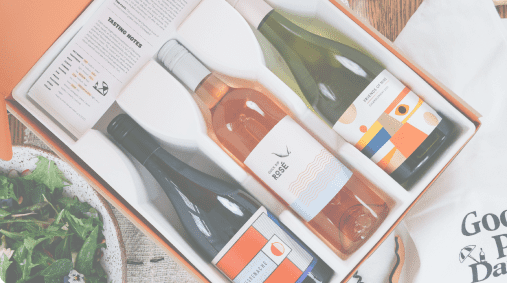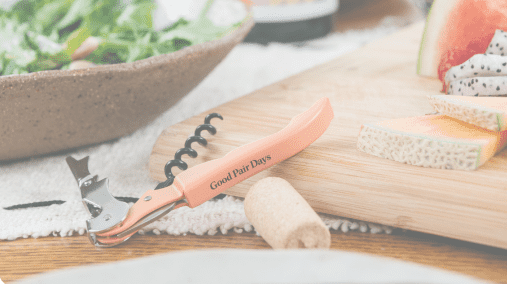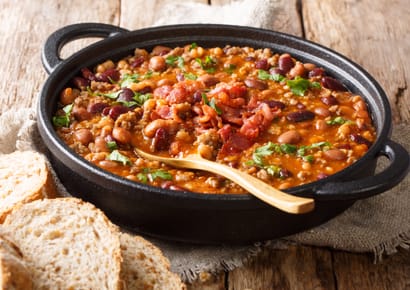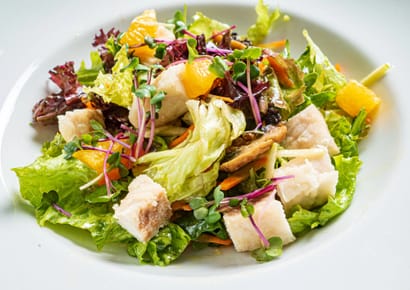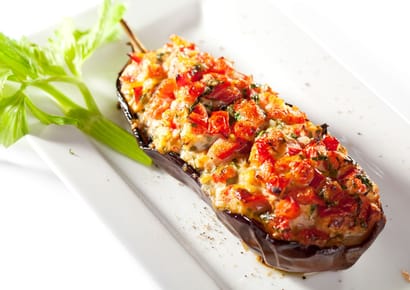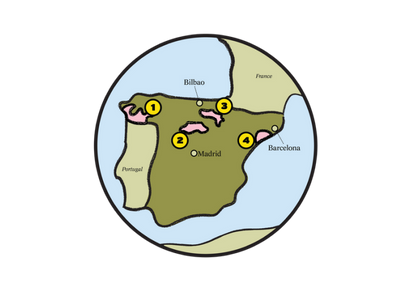

You're on our UK site. Are you sure you want to continue?
El Peque Rosé 2023
Primary flavours

Berries

Crushed Pear

Red Cherry

Fresh Mint

Savoury
Details
Taut, with lovely notes of crushed red fruit, this rosé, made predominantly from Garnacha is an easy-sipping number complete with freshness and a lovely waxy texture on the palate. BBQ wine.
Origin: The spiritual home of rosé is Provence, in Southern France. Mainly Grown In: Rosé is found all over the world these days, but coastal regions are especially well suited to the growing of red grapes for rosé. Key Facts: Rosé is predominantly made from red grape varieties. The colour of the wine is actually from pigments found in the skins of the grapes, so even red grapes have clear-coloured juice. The colour is then ‘bled’ out of the skins by infusing the skins into the juice. So for rosé, the wine simply spends far less time hanging out with the skins! Rarely you will find a rosé that is a combo of white and red grapes – they’re not ‘less good’, just less common. Rosé is super versatile – it suits any occasion. Best to always have a bottle in the fridge, just in case, you know… Wednesday happens or something. Fun Fact: In Ancient Greece, some of the first wines ever made were rosé, made by blending white and red wines!
Origin: The spiritual home of rosé is Provence, in Southern France. Mainly Grown In: Rosé is found all over the world these days, but coastal regions are especially well suited to the growing of red grapes for rosé. Key Facts: Rosé is predominantly made from red grape varieties. The colour of the wine is actually from pigments found in the skins of the grapes, so even red grapes have clear-coloured juice. The colour is then ‘bled’ out of the skins by infusing the skins into the juice. So for rosé, the wine simply spends far less time hanging out with the skins! Rarely you will find a rosé that is a combo of white and red grapes – they’re not ‘less good’, just less common. Rosé is super versatile – it suits any occasion. Best to always have a bottle in the fridge, just in case, you know… Wednesday happens or something. Fun Fact: In Ancient Greece, some of the first wines ever made were rosé, made by blending white and red wines!
Read more
Taste Profile
This wine’s tasting notes.
Sweetness

lowmediumhigh
Body

lightmediumfull
Fruitiness

nonesomelots
Tannins

lowmediumhigh
Acidity

lowmediumhigh
Oak

nonesomelots
Alcohol

low
(under 12%)medium
(12-14%)high
(14%+)
Taste Summary
This wine’s tasting notes are leaning towards medium bodied, low sweetness, with medium acidity, some fruitiness, low tannins, medium alcohol and no oak.
Specs
Region
Rioja
country
Spain
Grape type
Rosé
Wine Maker
El Peque
Alcohol
12.5%
Vintage
2023
Cellar period
1-3 years
Closure
Screw Cap
Production method
Vegan
Temperature
Chilled 8°C-10°C
collection
Pairing guide
Bursting with notes of fresh strawberry and with plenty of brightness, this intriguing Spanish rosé won our seal of approval from the very first sip. We reckon it’s a winning wine to pair with simple dishes of poached or grilled salmon, seared tuna steaks and other hearty fish dishes, and especially with anything featuring crispy pork belly. Salads featuring red fruits or pomegranate will work well, and it’s also excellent with salty ingredients like feta cheese, halloumi, capers and green olives.
Read more
Food

BBQ

Burgers

Pizza
Tastes

Crisp
Moods

Adventurous

Always A Winner
Seasons

Summer
Recipe Matches
Wine region

Rioja, Spain
Rioja (riˈouhɑ) is one of Spain’s most well-known wine regions, located in the north of Spain. The region has a long history of making wine that dates back to the period of the Roman Empire. The climate is typically Mediterranean with hot summers and cool winters which suits the varieties of Rioja; Tempranillo, Garnacha and Graciano. Graciano almost became extinct due to the effects of phylloxera in the late 1800s however, luckily, the variety is back in full swing. There are three main classifications of wine according to their ageing process- Crianza, Reserve and Gran Reserva.
Read more

